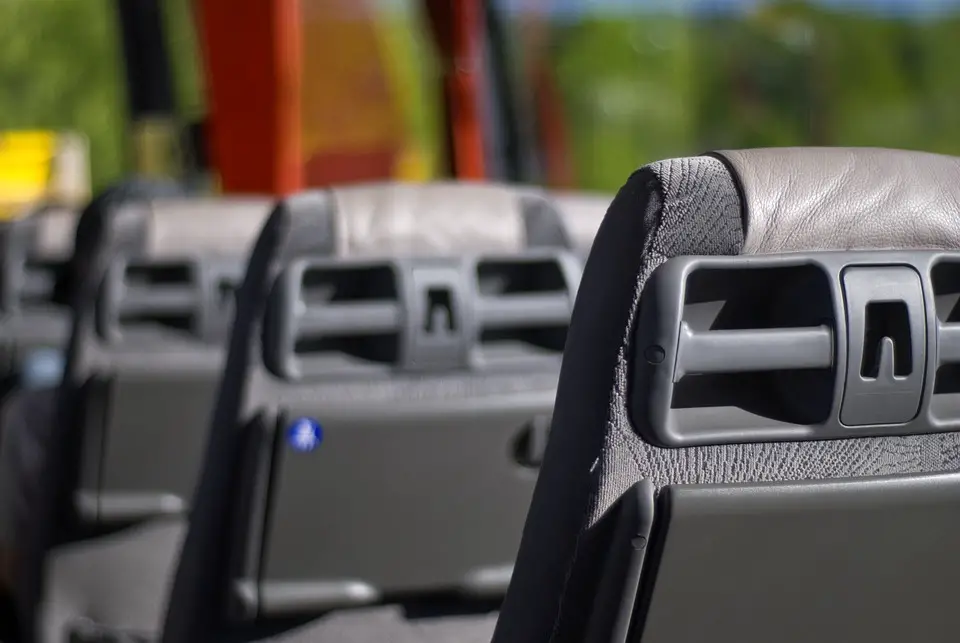As Darko Bicak/Poslovni Dnevnik writes, in spite of the fact that the Republic of Croatia has formally harmonised the Road Transport Act with the rest of the European Union (EU), the key solutions that were supposed to activate the new road transport model, namely the definition and signing of public service contracts and the simplification and acceleration of the process of harmonising the network of bus lines, haven’t come into force.
This leads to uncertainty not only for Croatian bus companies but for the entire business of road transport operators, as well as issues with the disruption of the availability of road transport in parts of the country. The aforementioned was explained at the recently held “Connected Croatia/Spojena Hrvatska” conference under the organisation of HUP – Udruga prometa/Croatian Employers’ Association – Transport/Traffic Associations.
According to carrier data, 80% of public scheduled transportation across the Republic of Croatia takes place on county and inter-county lines covering distances of up to 100 kilometres, about 200,000 people are transported on these lines every day, and Croatian bus companies running along these lines make as many as 61.5 million kilometres per year.
Most of the traffic is in peripheral and much more rural parts of Croatia without an alternative form of public transport, and as much as 80% of these lines have proven almost entirely unprofitable. As a rule, profitable lines are those that connect more distant urban centres, seasonal lines to the coast and of course – international lines in and out of the country.
The Faculty of Transport Sciences (FPZ) explains that Croatia is a country with a low population density (69 inhabitants per km2), about 30% of the population lives in municipalities that are outside the county centres. On top of that, the average number of inhabitants per municipality stands at around 3,000, which represents a great challenge for ensuring the availability of public road transport.
Therefore, as was pointed out by Marko Sostaric, the Dean of FPZ, if you want equal availability of road transport for everyone, it is necessary to define the necessary network of public transport lines at the county level and to very quickly sign a public service contract.
For more, check out our dedicated news section.










